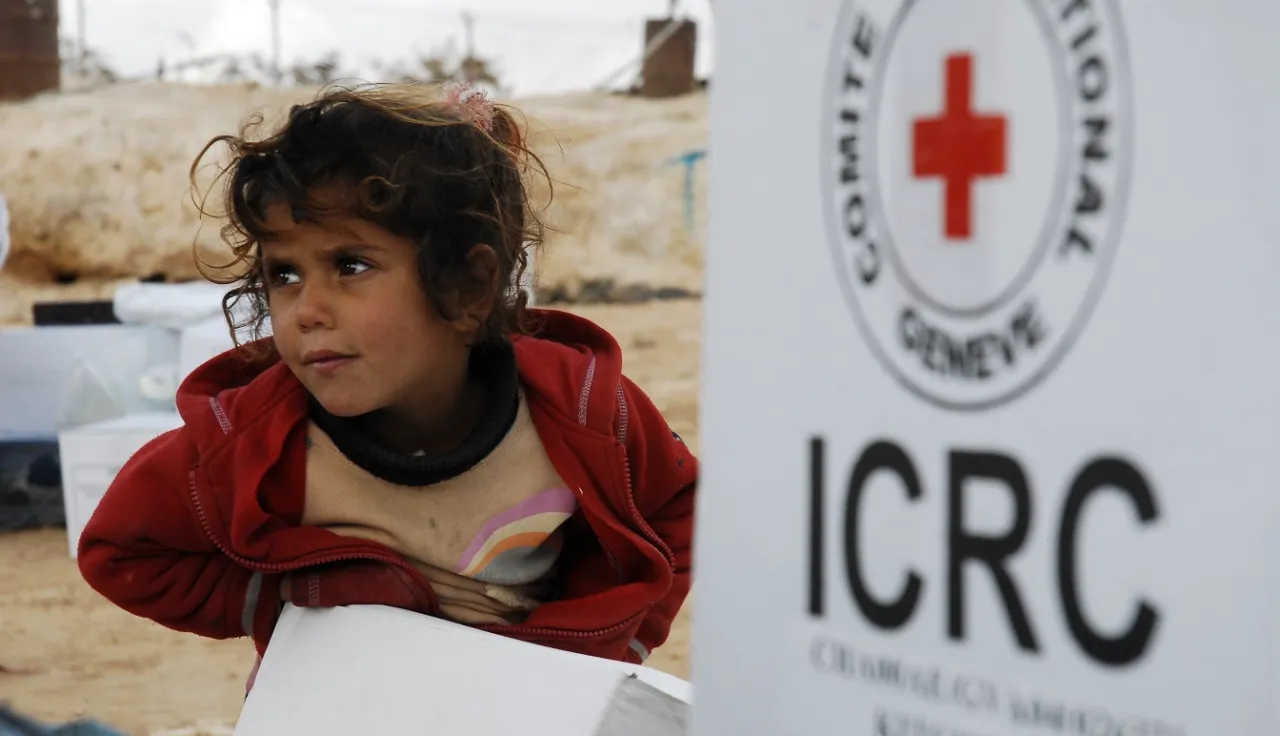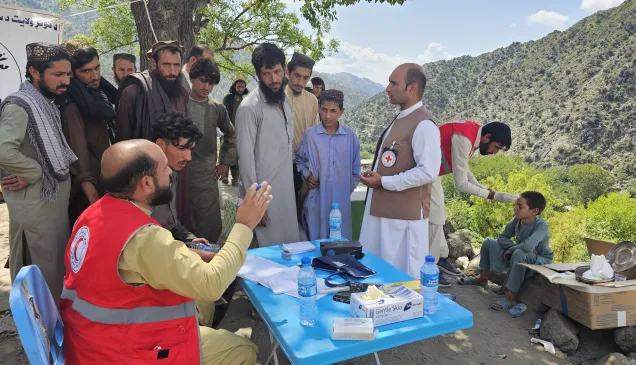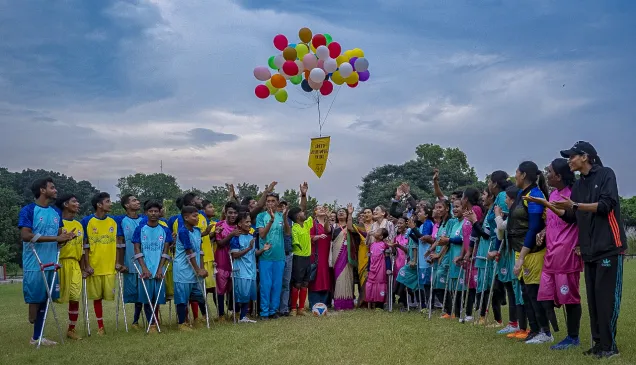Geneva Conventions: Even wars have limits

What’s 70 years old? Has saved millions of lives? And, continues to protect people? The Geneva Conventions.
The Geneva Conventions are a vital global pledge born out of the kind of suffering we see today in Syria, Yemen and South Sudan, among other conflicts around the world. In the aftermath of Second World War and the Holocaust, the Conventions were universally agreed upon by States in 1949 because they reflect universal values of ethical behaviour.
Universally agreed upon but not universally respected, they remain as necessary and life-saving as they were intended to be then. Today's wars would be worse without them and 70 years on the Conventions are still fit for purpose.
This is not about anniversaries or debates on legal phrasing, it is about protecting people from the worst of the wars which rage today. It is about laws that assert that as long as conflict remains a reality, there also must be a limit to suffering.
The Geneva Conventions give a clear mandate to the ICRC and to the National Societies of the Red Cross and Red Crescent to prevent and alleviate suffering worldwide. Today, the Red Cross and Red Crescent Movement is represented in virtually every country in the world, ensuring a global humanitarian network.




